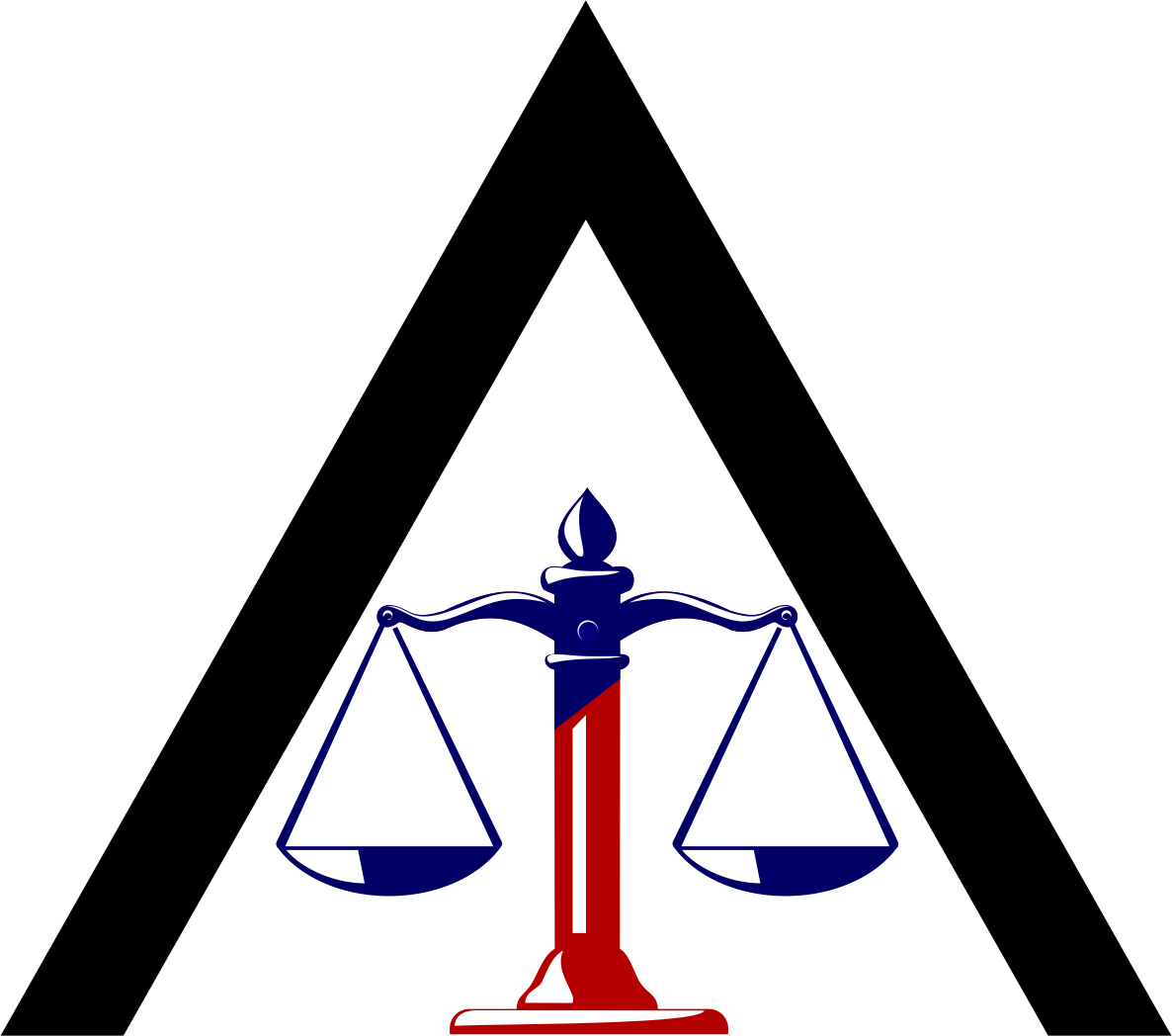State Bar Discipline – Creating a 50-state survey of state bar disciplinary board structures, state-specific ethical rules for prosecutors, and disciplinary proceedings involving prosecutors since 2016. Interesting takeaways so far include:
- Only 22 states have adopted a version of Model Rule 3.8(g), which requires prosecutors who learn of new, credible evidence that calls a conviction into question to promptly disclose that evidence and investigate whether the conviction is sound.
- Where states provide a database of public misconduct findings, those databases are generally searchable only by attorney name, not by the type of attorney or type of misconduct.
- Generally, discipline boards handle very few cases involving prosecutors. Where complaints are docketed, they tend to result in either dismissals or private discipline that do not create a public record of the prosecutor’s name or alleged conduct.
Prosecutor Immunity Laws – Preparing a 50-state survey of state absolute immunity laws, cases applying those laws, and potential waiver mechanisms. Interesting takeaways so far include:
- Lawsuits in state courts against prosecutors tend to be premised in negligence, malicious prosecution, or false imprisonment. Courts almost always observe absolute immunity for actions prosecutors take within the scope of their duties.
- Where prosecutors act beyond their role, they may not be immune from suit. Examples from across different states include making false statements about a defendant at a press conference, wrongly imprisoning a witness to coerce testimony, and harassing someone by giving police false information about them.
Data Analytics – Evaluating data analytics in prosecutor offices that have adopted them and assessing how they can best promote transparency.




